Meet Paradise 2.0: the beloved Soho-based Sri Lankan restaurant, reinvented
Paradise 2.0 embraces tropical brutalism following a renovation by Dan Preston Studio
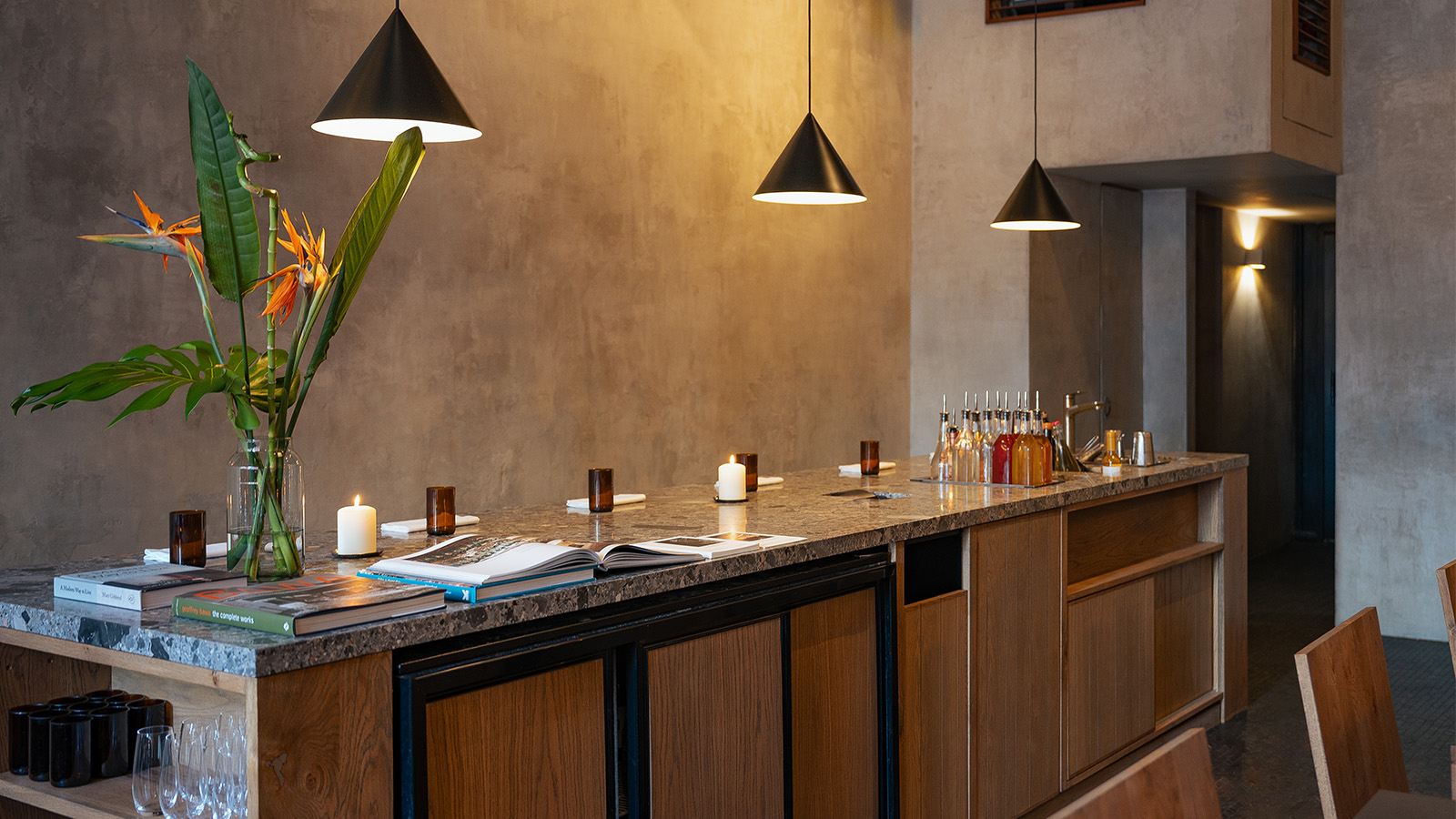
Having opened Paradise in Soho at the tail end of 2019, Dom Fernando put Sri Lankan food on London’s culinary map. His restaurant garnered buzz for its Geoffery Bawa-inspired interiors and inventive yet authentic take on Southeast Asian cuisine. Now, following renovation, Fernando is set to delight diners once more with Paradise 2.0: his restaurant reinvented for the post-pandemic age. ‘The industry has changed,’ says the restauranteur and creative director. ‘Guests really want an experience, so we decided to take modern Sri Lankan food and design to the next level.’
Paradise 2.0, London
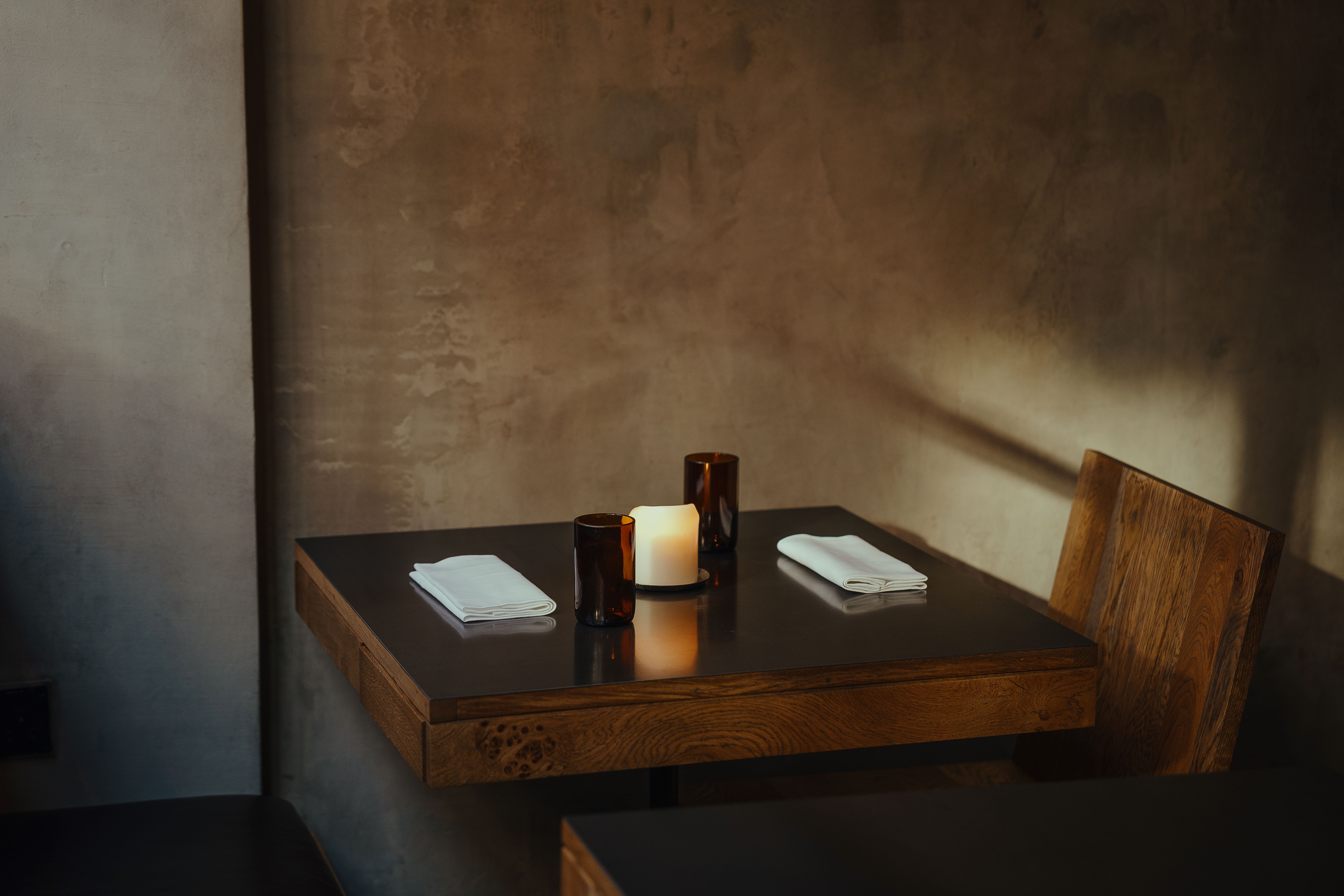
Fans of Paradise will be pleased to hear that the original brutalist concrete walls and slate-tiled floor remain intact. But there are plenty of new additions too, not least a six-course evening menu with natural wine pairings. Showcasing seasonal British and Sri Lankan ingredients, as well as native cooking techniques – such as clay-pot cooking and bamboo grilling – the plates are spicy, aromatic and somewhat surprising. ‘We offer a culinary adventure that guests won’t experience anywhere else,’ says Fernando, who developed the menu with head chef Alfie Bahnan. A case in point is the rasam, a Sri Lankan broth traditionally made with tomato but, at Paradise 2.0, it’s infused with lacto-fermented strawberries.
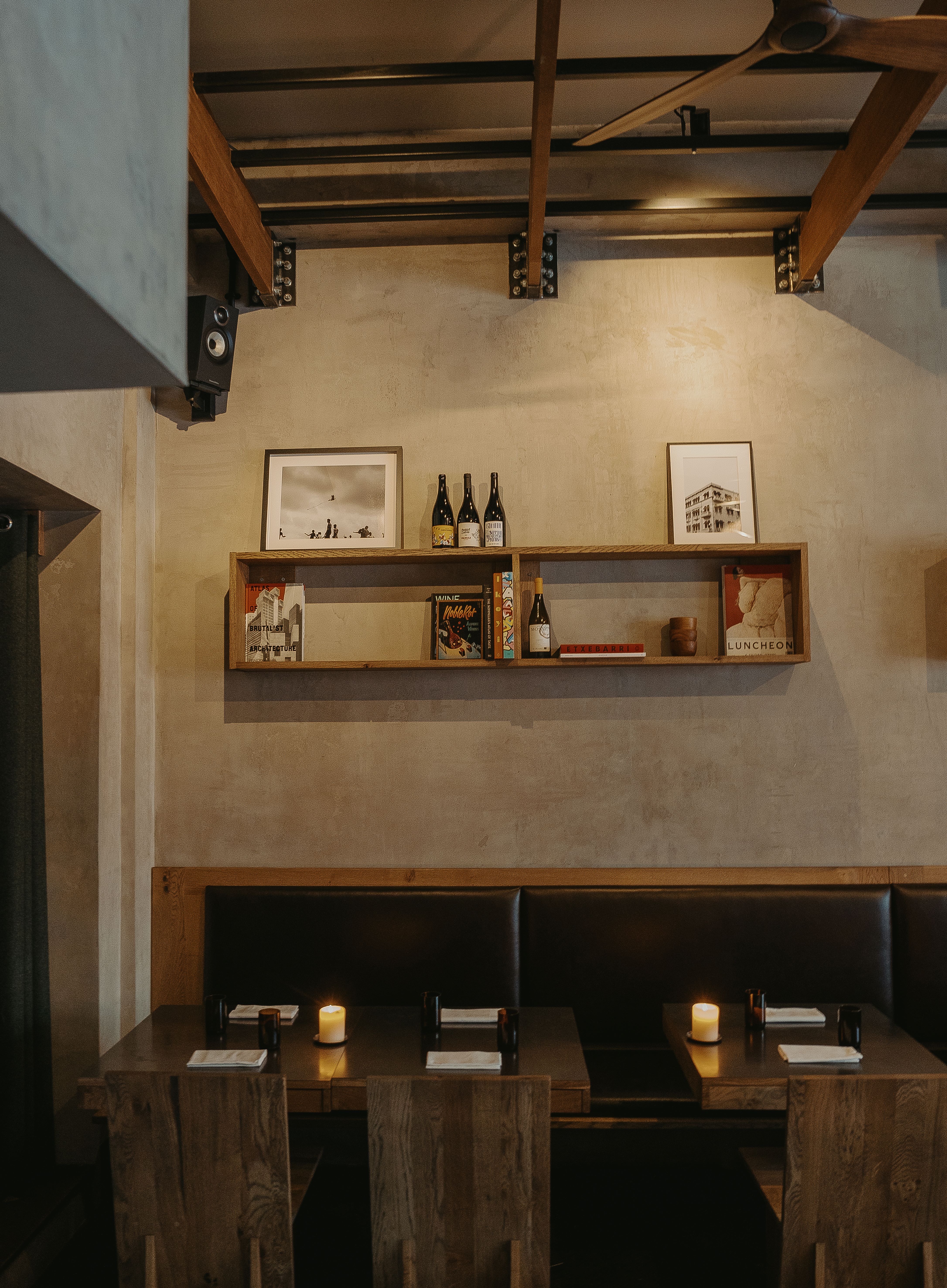
When it came to overhauling the interiors, Fernando teamed up with Dan Preston, the interior designer and maker behind some of the most talked-about London restaurants, including Mountain, Brat, Kiln and Paradise 1.0. ‘Dan also does high-end residential work, which we leaned into for this project, so that Paradise 2.0 doesn’t feel like a restaurant,’ says Fernando. ‘We did a lot of research into traditional walauwa [villas] in Colombo to create something more intimate and cosy, while staying true to our tropical brutalist roots.’
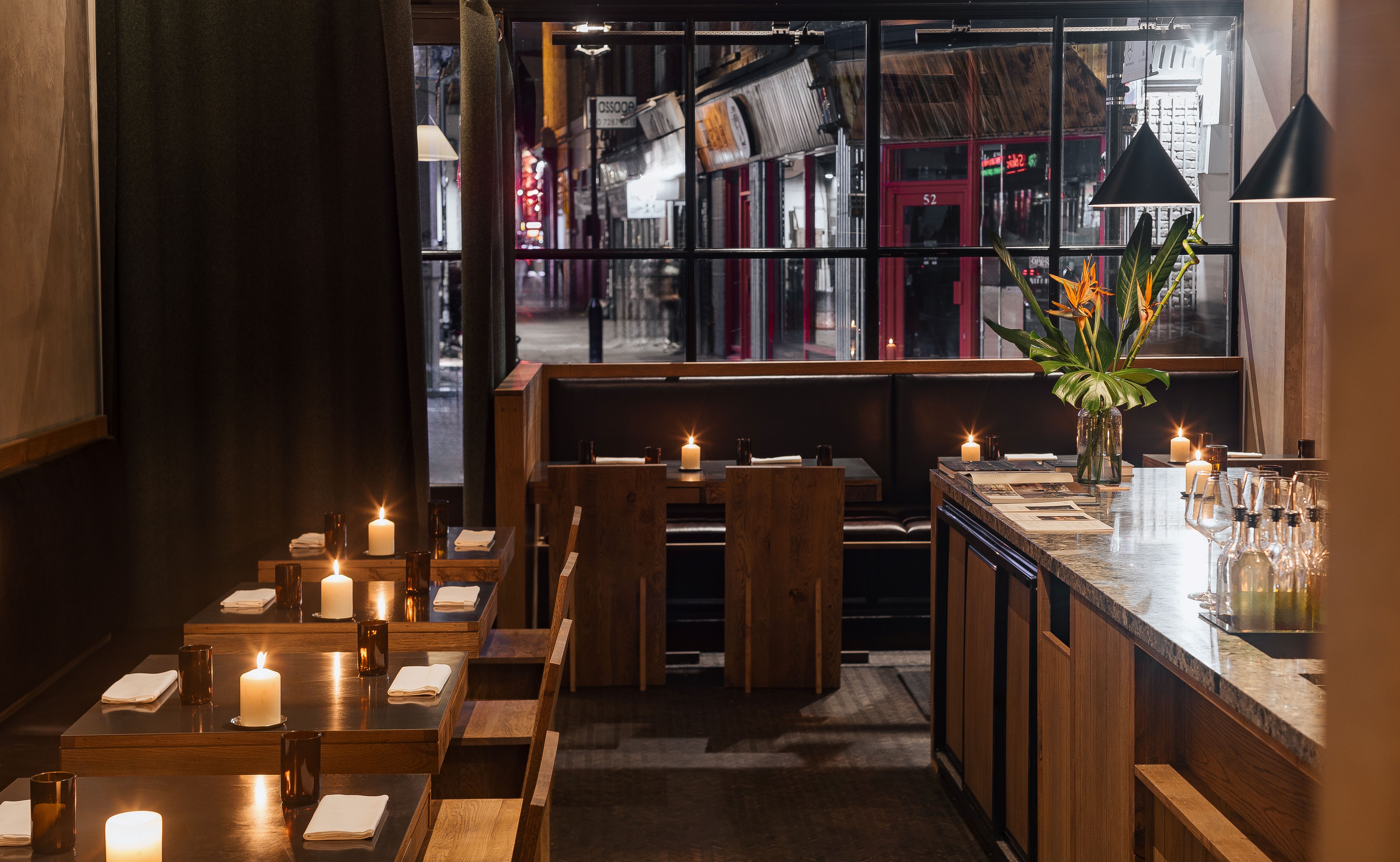
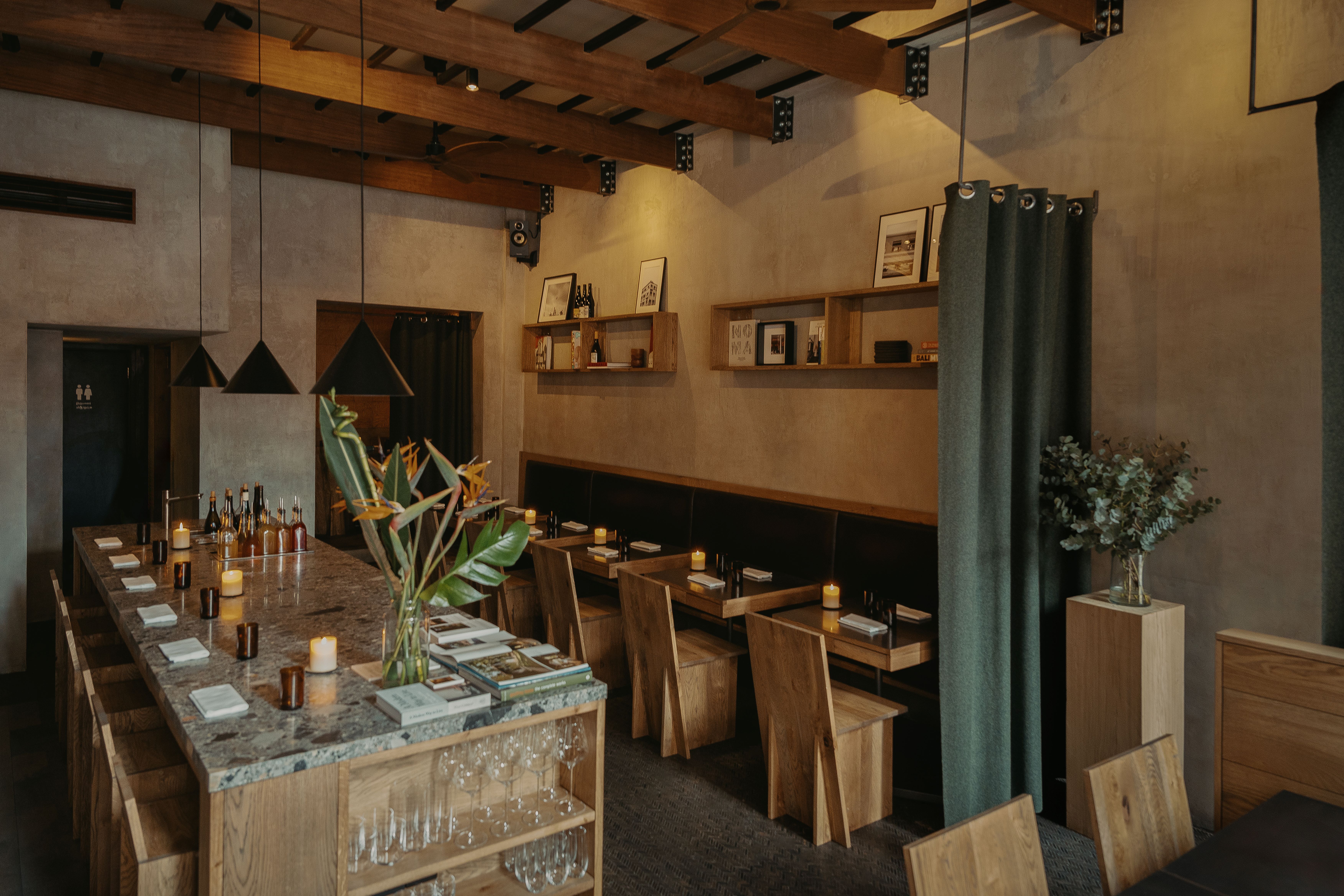
The material palette, for instance, is natural and warm. British oak is particularly prevalent, having been used by Preston and his team to craft beautiful, custom-made wooden chairs. The wooden tables, finished with a hot-rolled, black-steel top, are also bespoke and feature built-in cutlery drawers, ‘which adds a layer of sophistication to the guest’s experience’, says Fernando. Elsewhere, the original stainless steel counter has been replaced with one made from limestone. ‘Not only is it beautiful, but it has a built-in sink, cupboards and a workstation, so it looks like a stone counter you’d find in a home kitchen,’ says Fernando. A glass vase filled with vibrant birds of paradise flowers is a finishing touch.
Other homely touches include candles that give the space an atmospheric glow, plum leather banquettes and wooden shelves, which are lined with a thoughtfully curated edit of books and magazines. As Fernando explains, the idea was to create a library of sorts, with a particular focus on Sri Lankan authors, artists and architects: ‘It keeps things relevant and makes the space feel lived in.’
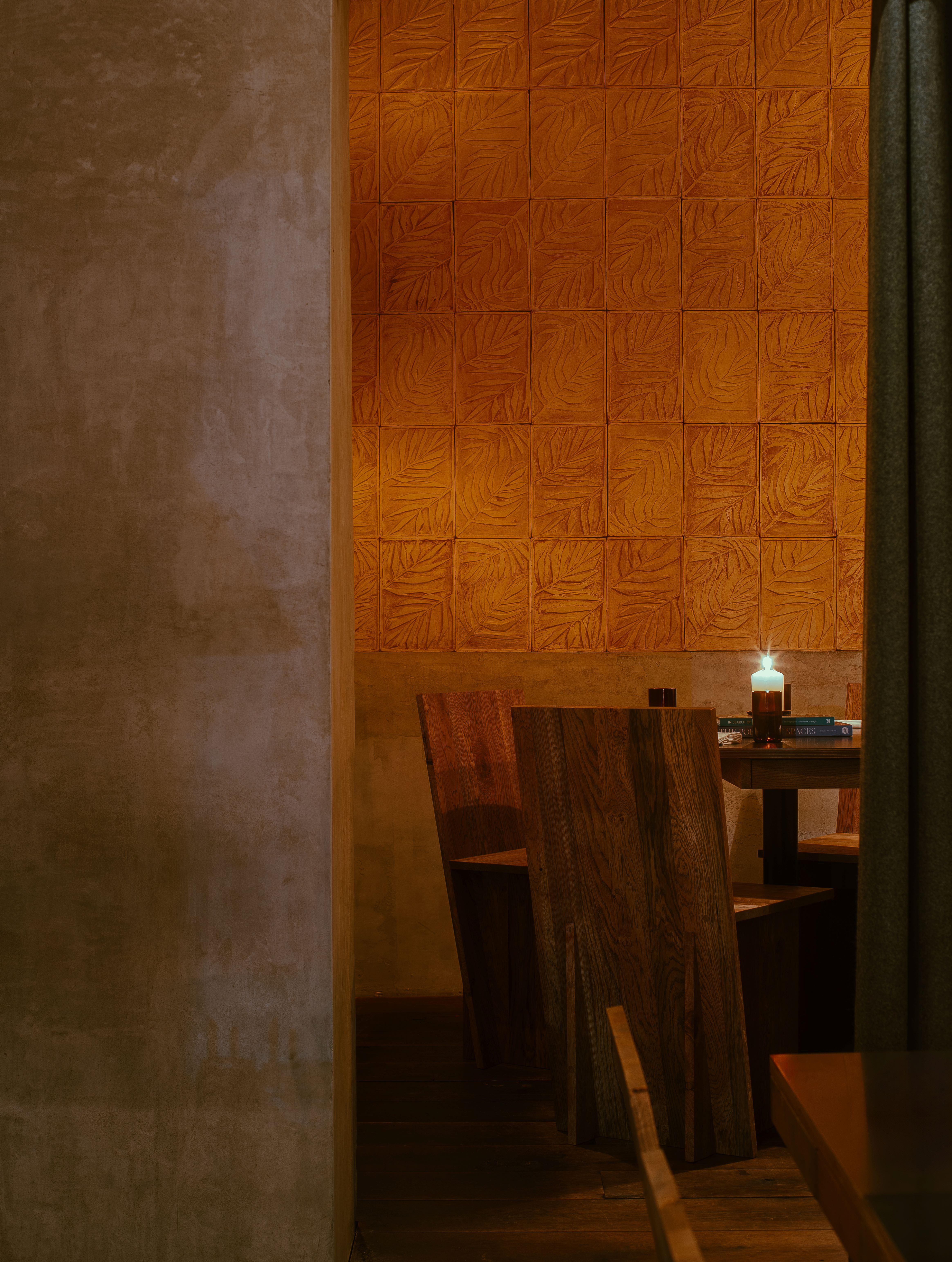
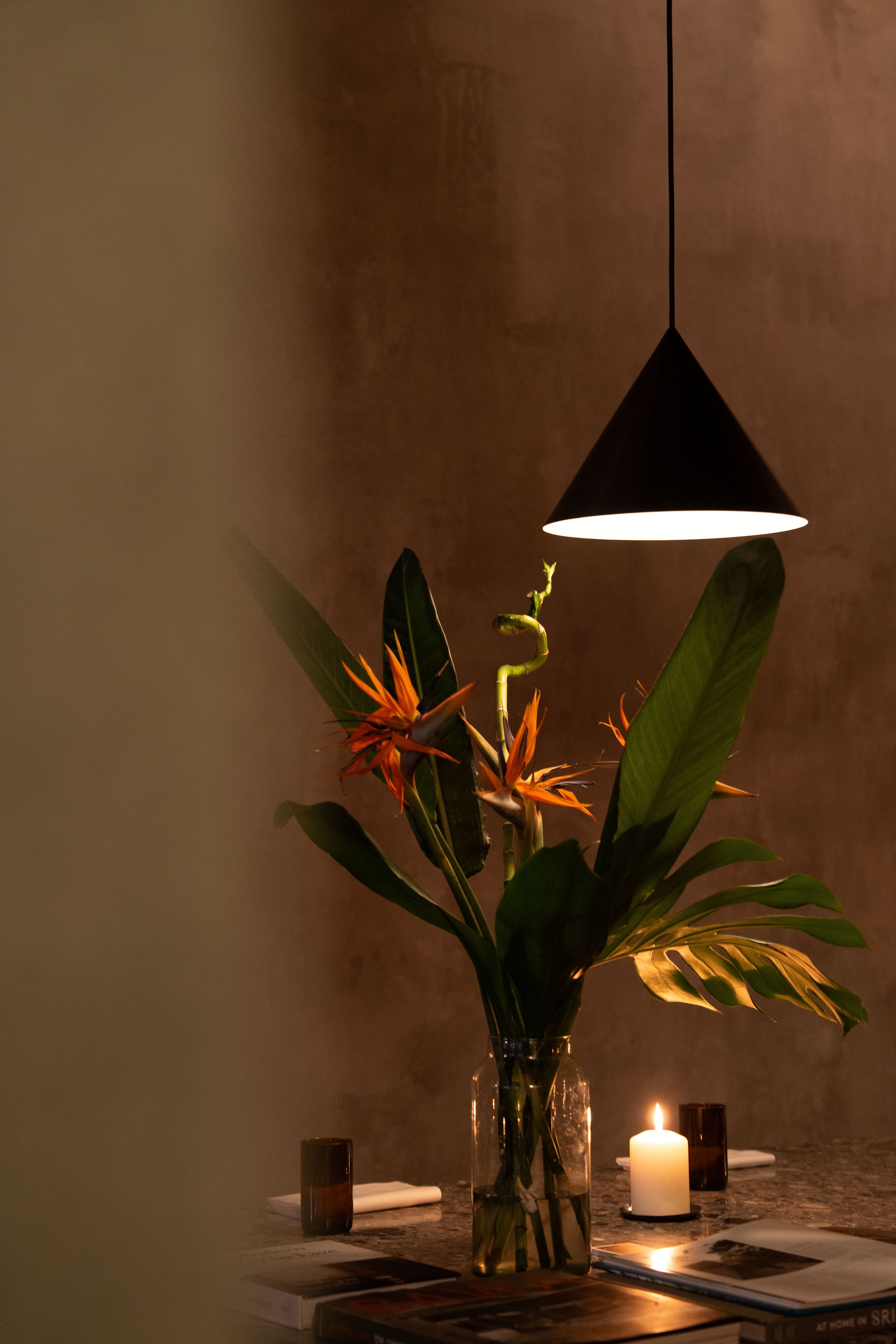
Paradise 2.0 is located at 61 Rupert Street, London, paradisesoho.com
Receive our daily digest of inspiration, escapism and design stories from around the world direct to your inbox.
Billie Brand is a London-based writer and editor. She has previously held positions at The Modern House, Matches, The Guardian and Observer, and contributed to titles including World of Interiors, i-D and The Face. Her work has a particular focus on beautifully designed and innovative spaces and places – and the forward-thinking people behind them.
-
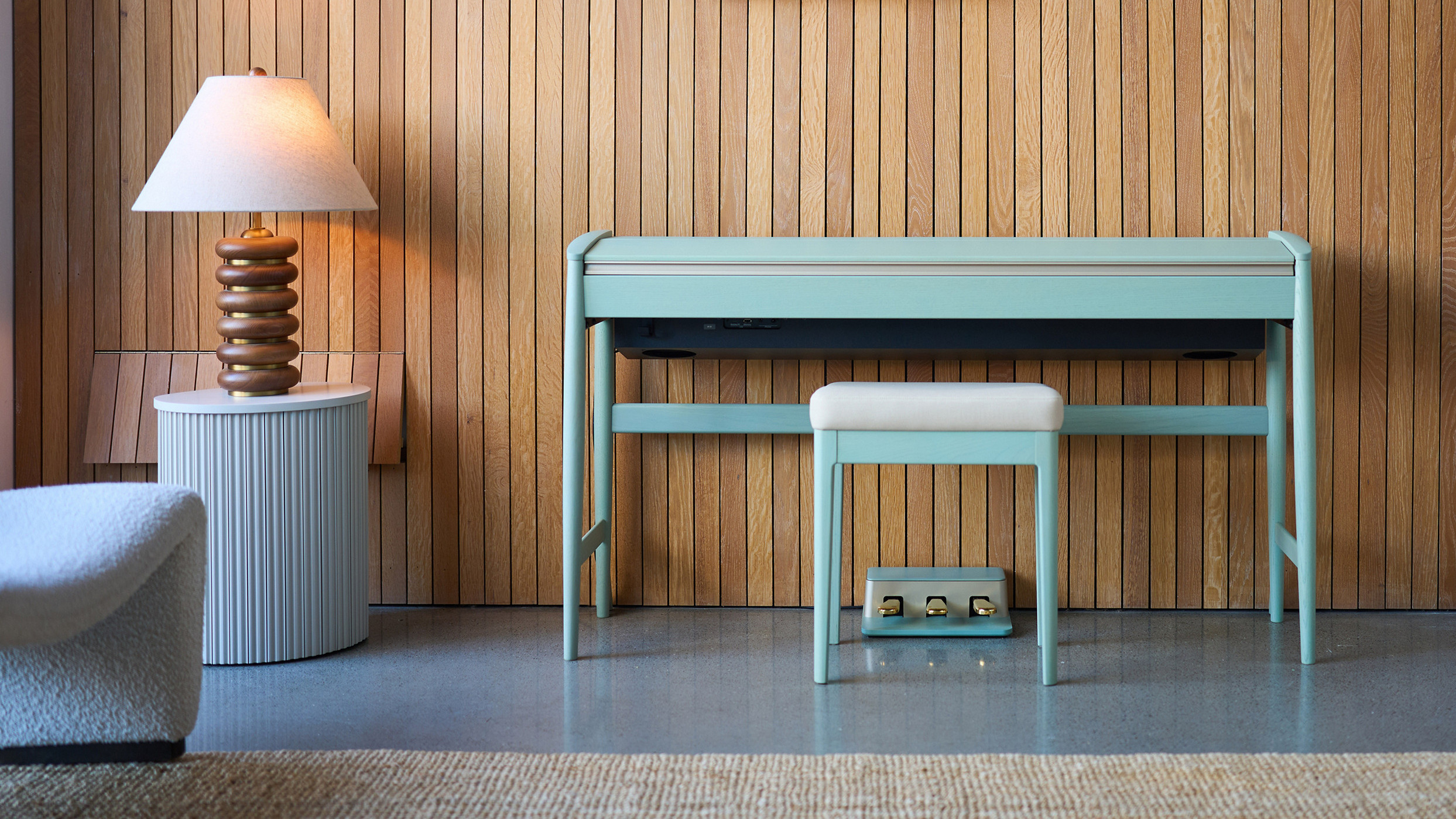 Roland and Karimoku expand their range of handcrafted Kiyola digital pianos
Roland and Karimoku expand their range of handcrafted Kiyola digital pianosThe new Roland KF-20 and KF-25 are the latest exquisitely crafted digital pianos from Roland, fusing traditional furniture-making methods with high-tech sound
-
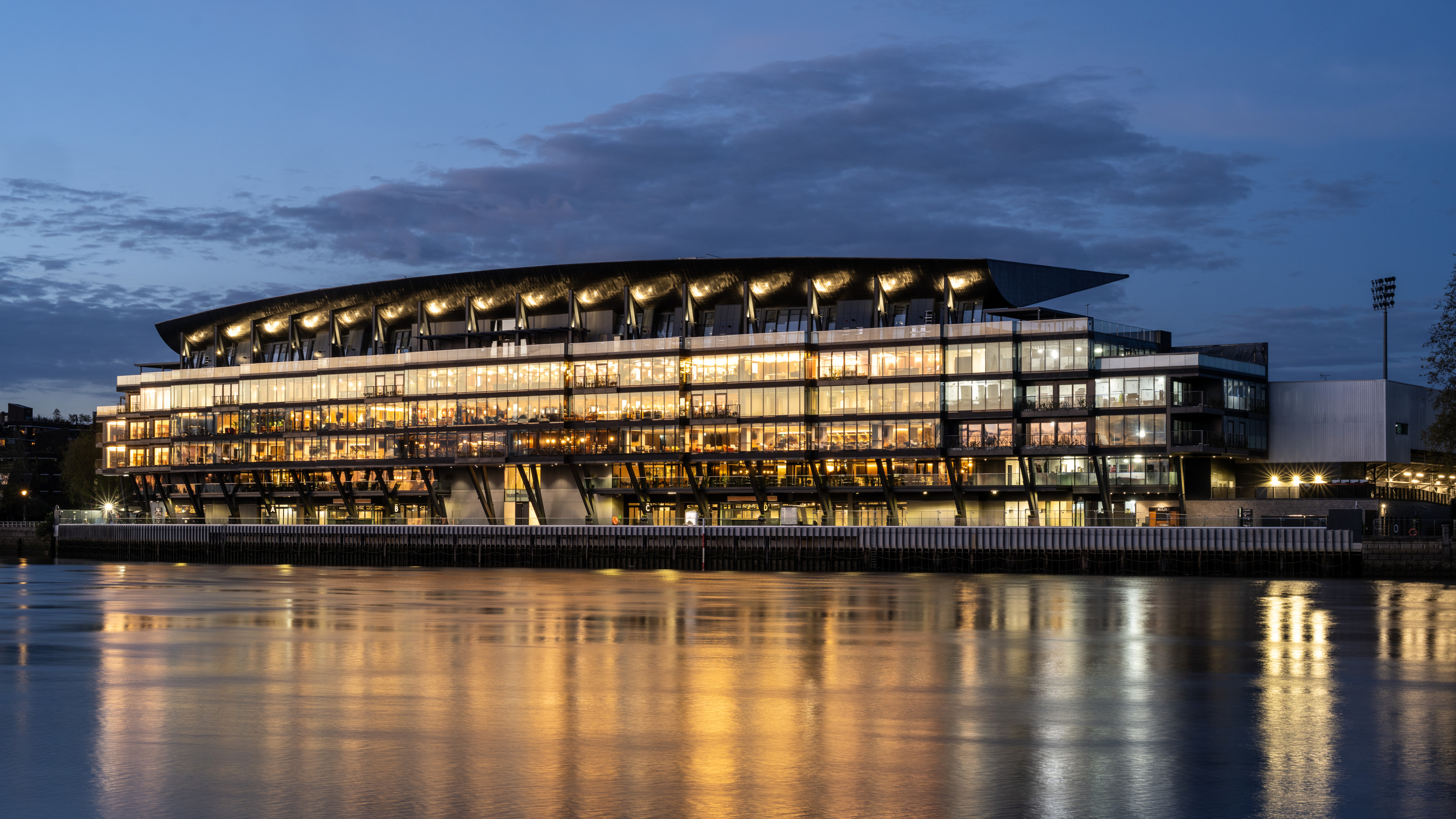 Fulham FC’s new Riverside Stand by Populous reshapes the match-day experience and beyond
Fulham FC’s new Riverside Stand by Populous reshapes the match-day experience and beyondPopulous has transformed Fulham FC’s image with a glamorous new stand, part of its mission to create the next generation of entertainment architecture, from London to Rome and Riyadh
-
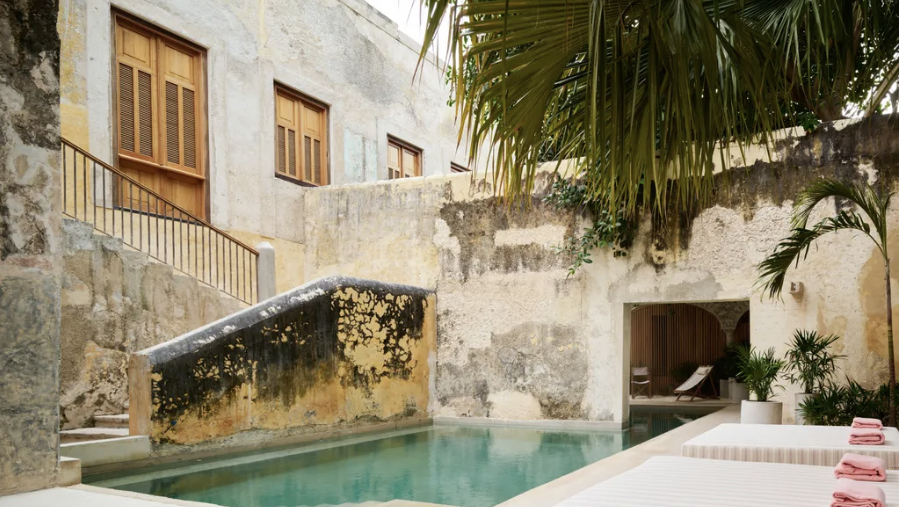 A contemporary Mexican hotel emerges from a 16th-century ruin in Mérida
A contemporary Mexican hotel emerges from a 16th-century ruin in MéridaA renovation project by Zeller & Moye, Mérida’s new Hotel Sevilla wears its architectural interventions lightly, mixing new brutalist elements into listed interiors and a palm-filled courtyard
-
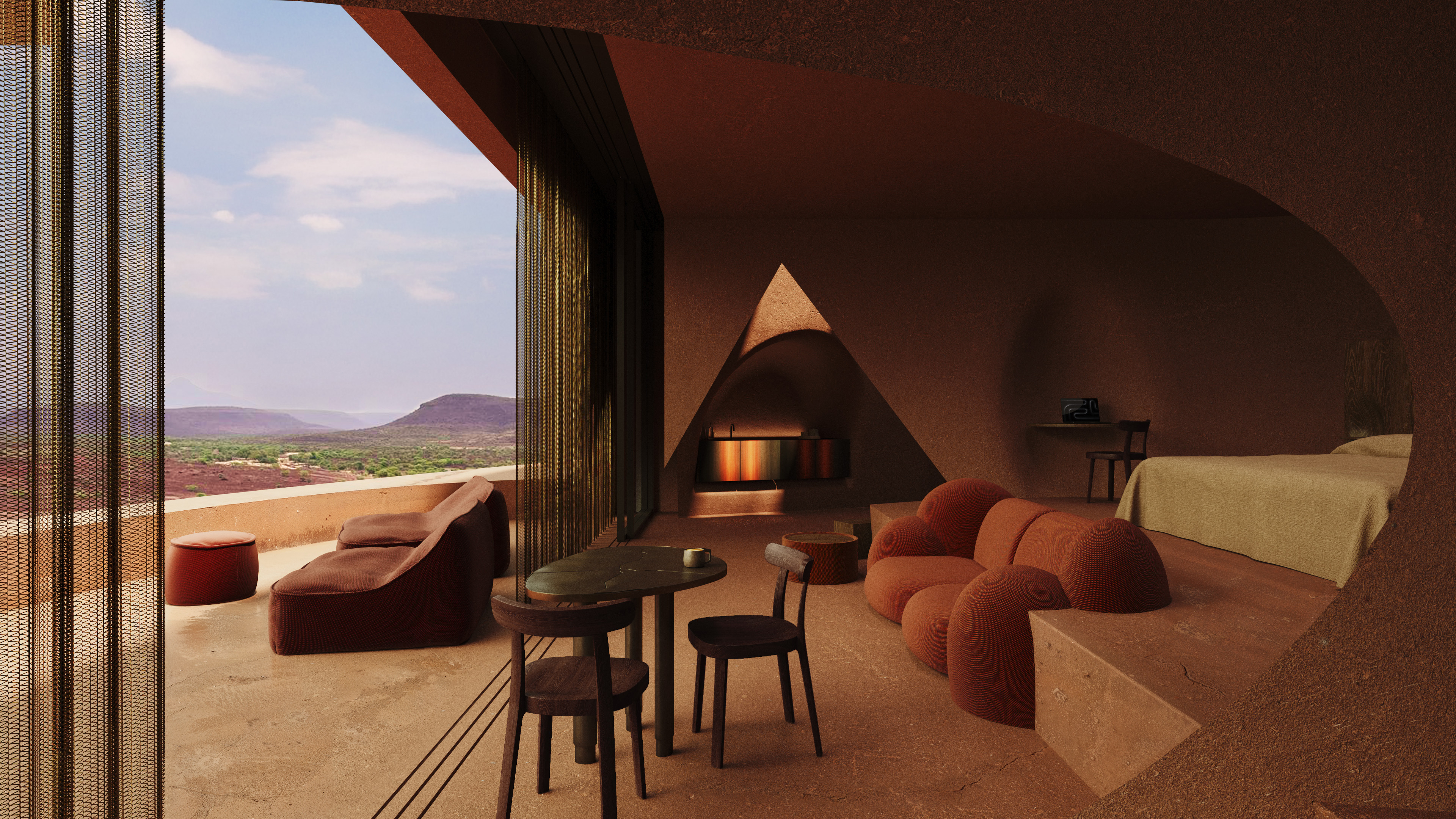 The most anticipated hotel openings of 2026
The most anticipated hotel openings of 2026From landmark restorations to remote retreats, these are the hotel debuts shaping the year ahead
-
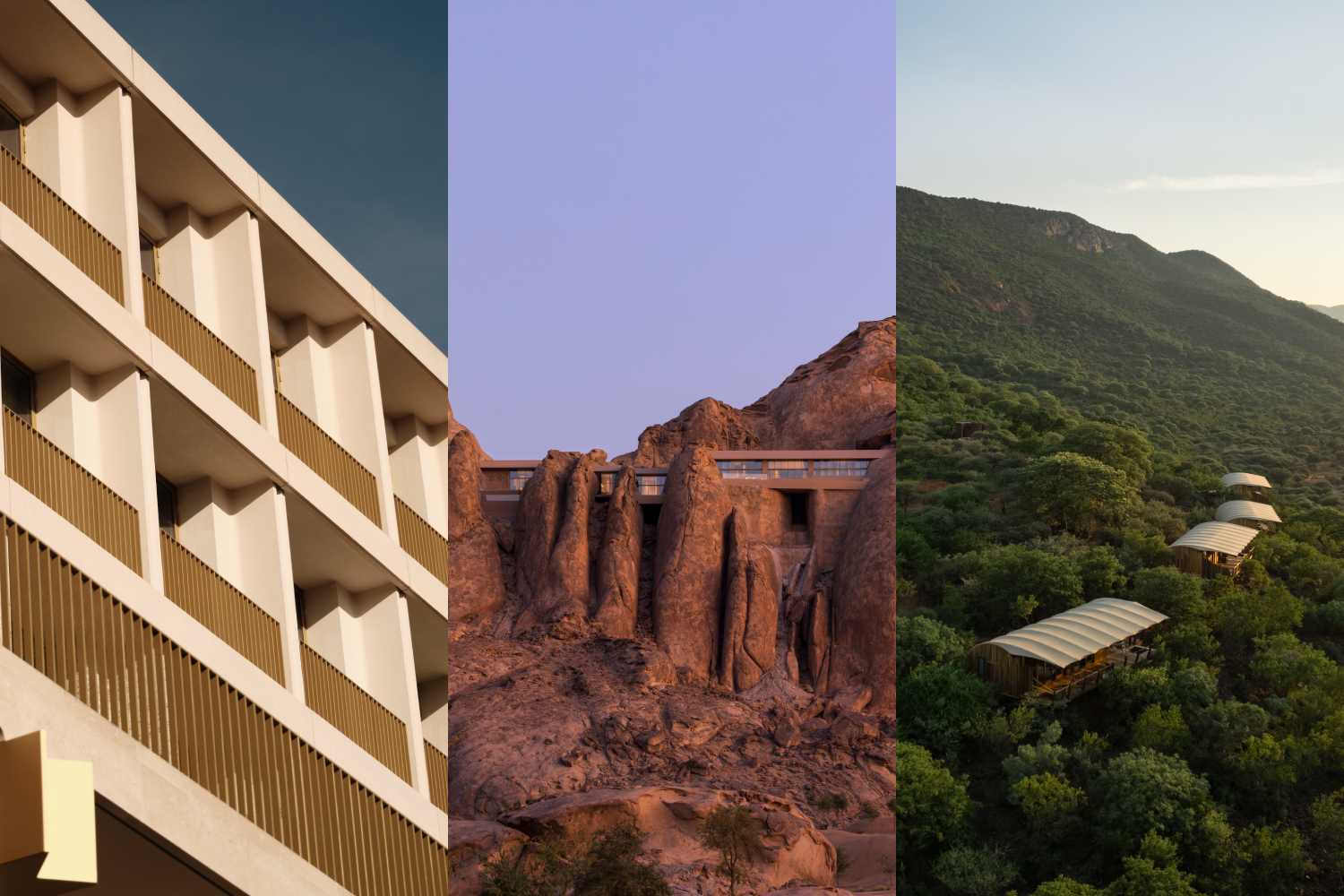 The most stylish hotel debuts of 2025
The most stylish hotel debuts of 2025A Wallpaper* edit of this year’s defining hotel openings. Design-led stays to shape your next escape
-
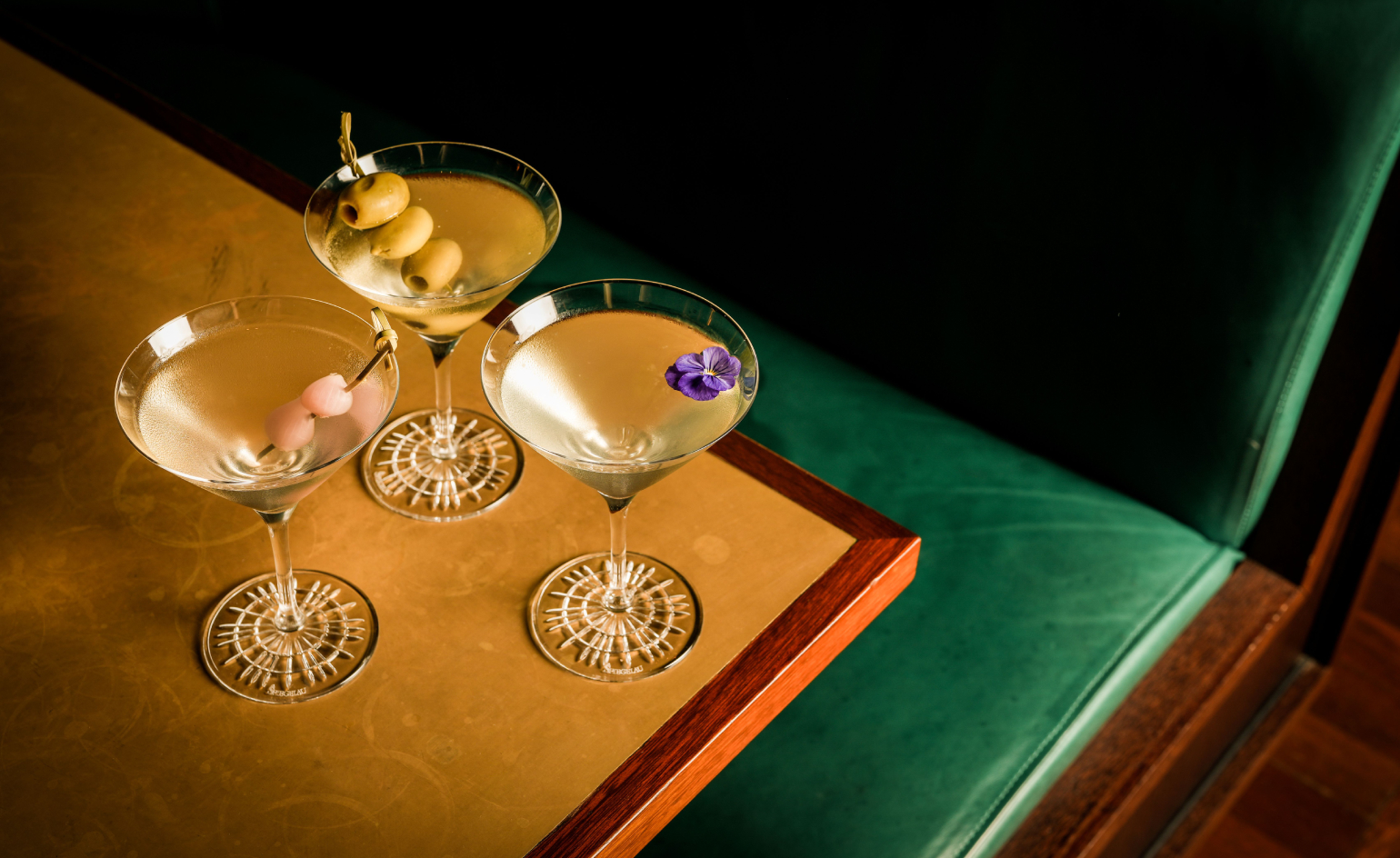 Neo-Gothic grandeur and decadent martinis await at Hawksmoor St Pancras
Neo-Gothic grandeur and decadent martinis await at Hawksmoor St PancrasThe dining room at the St Pancras London hotel has proved to be a revolving door for big-name chefs; now, it's Hawksmoor’s time to shine
-
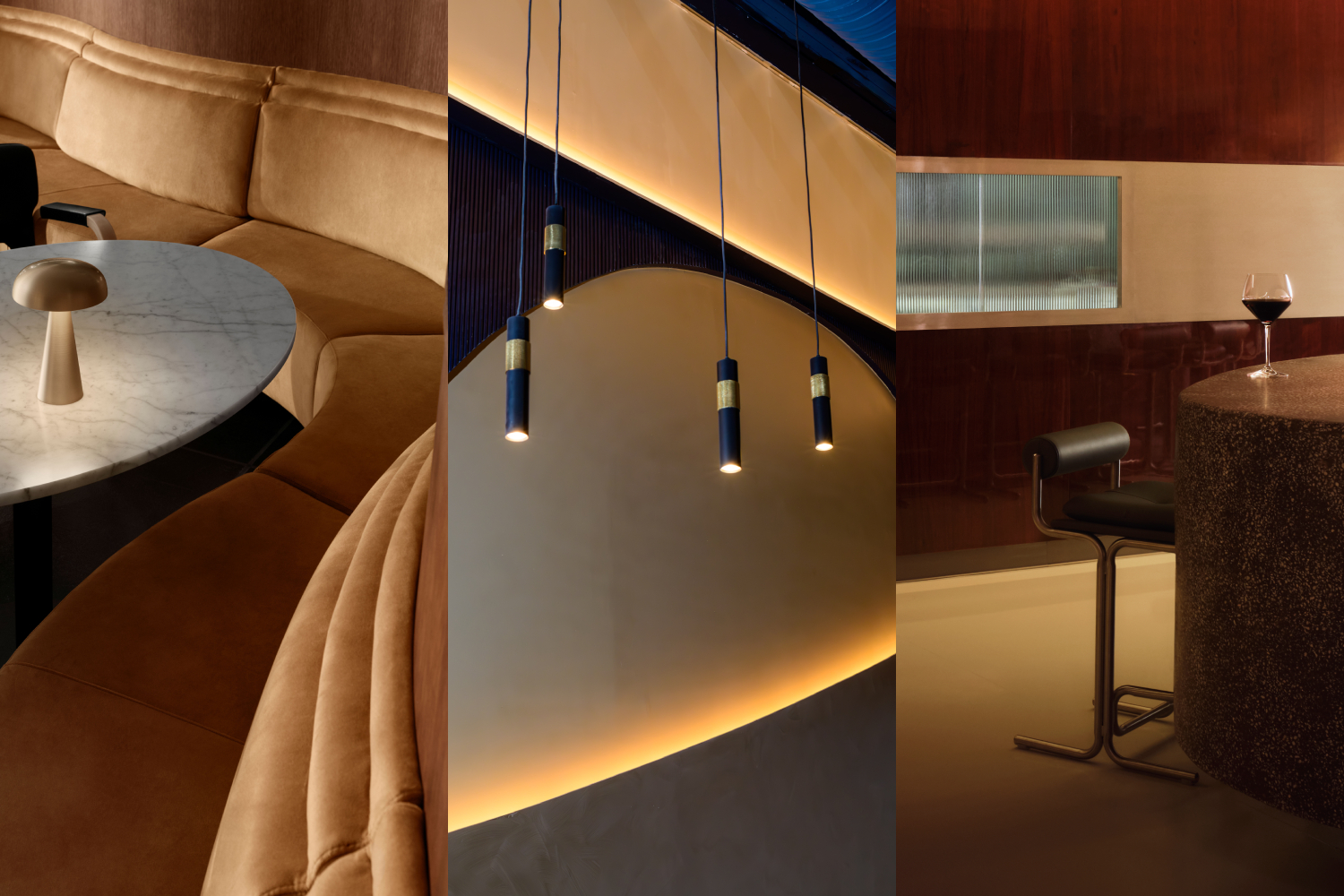 Form... and flavour? The best design-led restaurant debuts of 2025
Form... and flavour? The best design-led restaurant debuts of 2025A Wallpaper* edit of the restaurant interiors that shaped how we ate, gathered and lingered this year
-
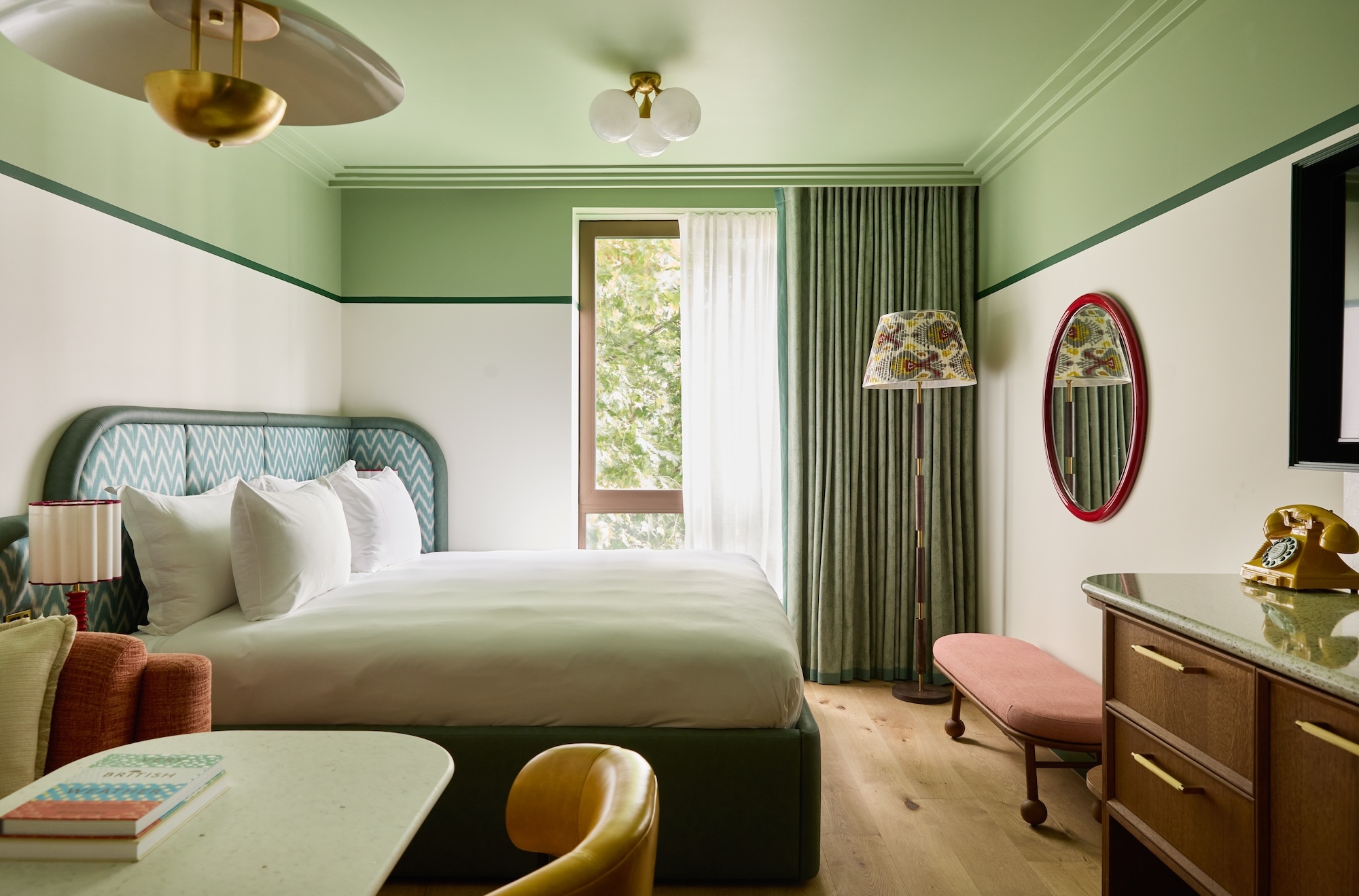 At last: a London hotel that’s great for groups and extended stays
At last: a London hotel that’s great for groups and extended staysThe July London Victoria, a new aparthotel concept just steps away from one of the city's busiest rail stations, is perfect for weekends and long-term visits alike
-
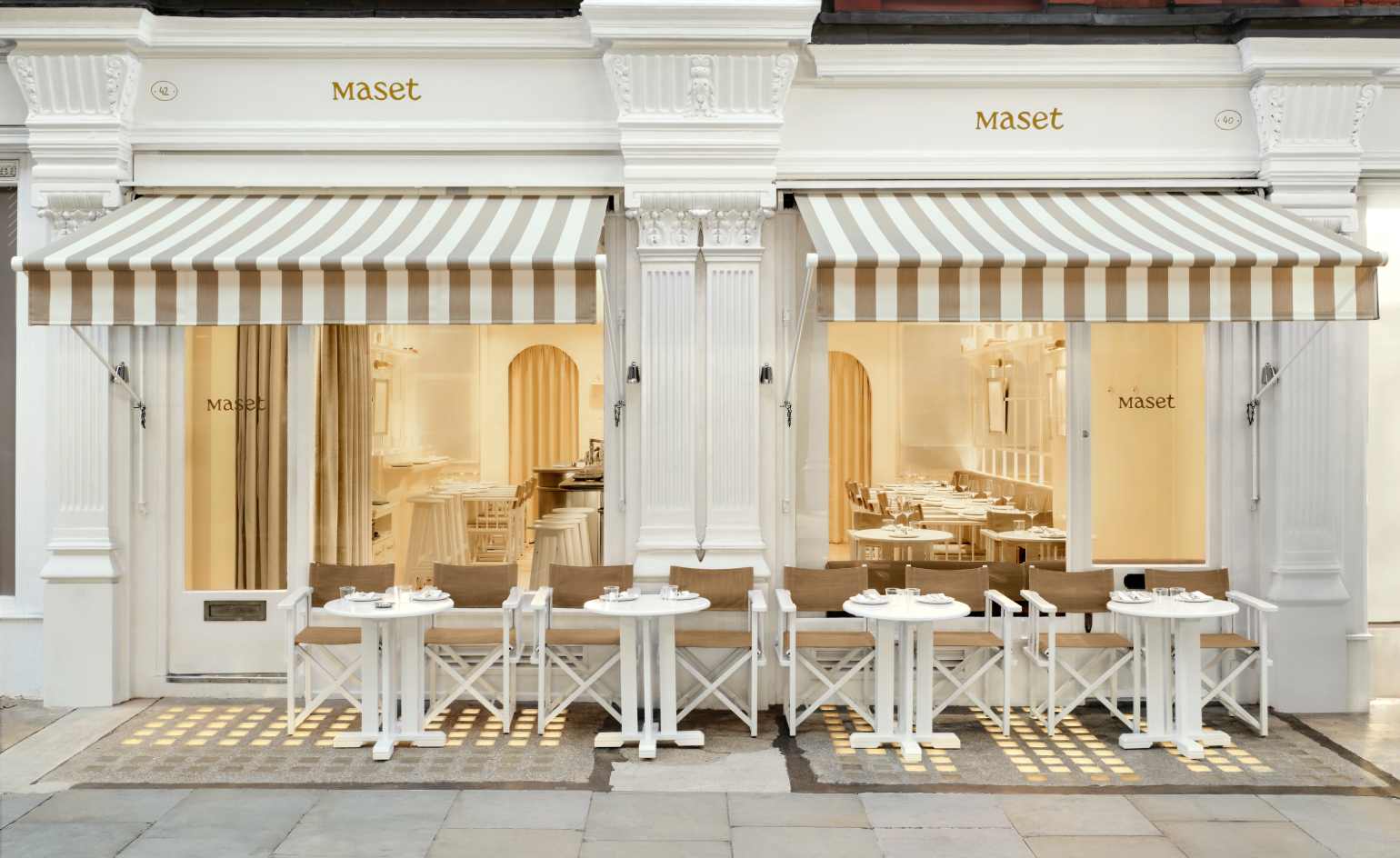 French bistro restaurant Maset channels the ease of the Mediterranean in London
French bistro restaurant Maset channels the ease of the Mediterranean in LondonThis Marylebone restaurant is shaped by the coastal flavours, materials and rhythms of southern France
-
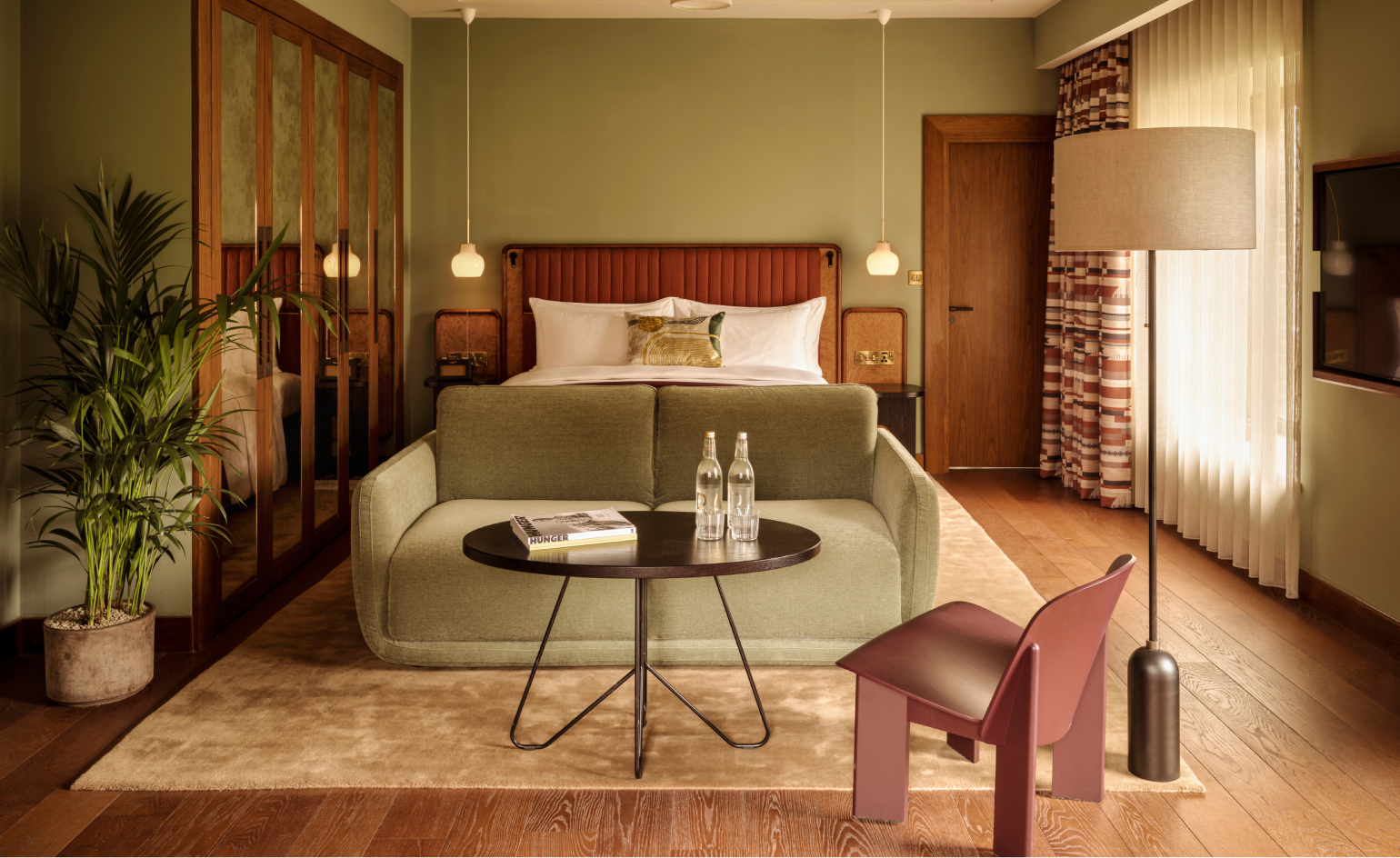 Sir Devonshire Square is a new kind of hotel for the City of London
Sir Devonshire Square is a new kind of hotel for the City of LondonA Dutch hospitality group makes its London debut with a design-forward hotel offering a lighter, more playful take on the City’s usual formality
-
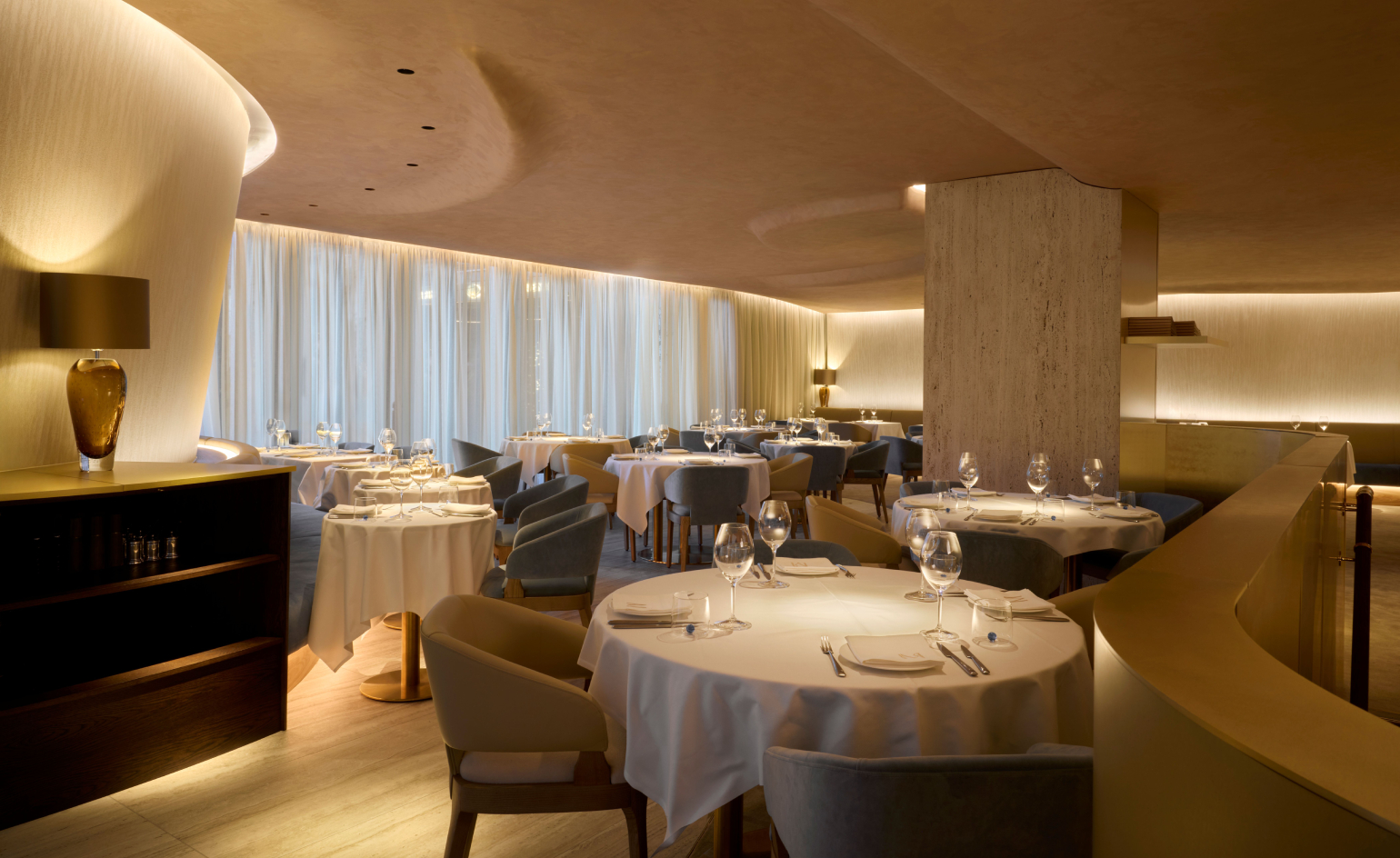 This sculptural London seafood restaurant was shaped by ‘the emotions of the sea’
This sculptural London seafood restaurant was shaped by ‘the emotions of the sea’In Hanover Square, Mazarine pairs a bold, pearlescent interior with modern coastal cuisine led by ‘bistronomy’ pioneer chef Thierry Laborde